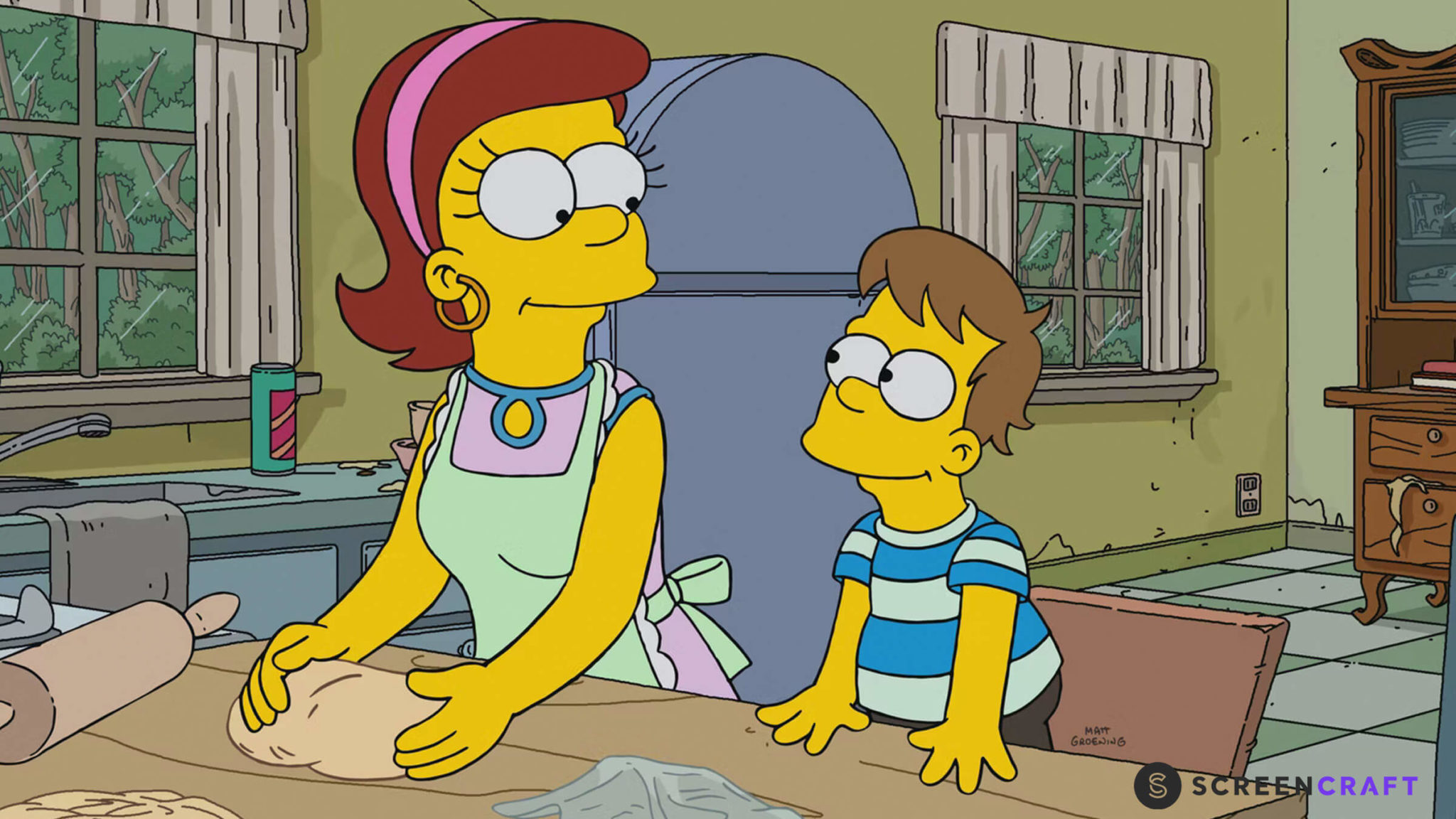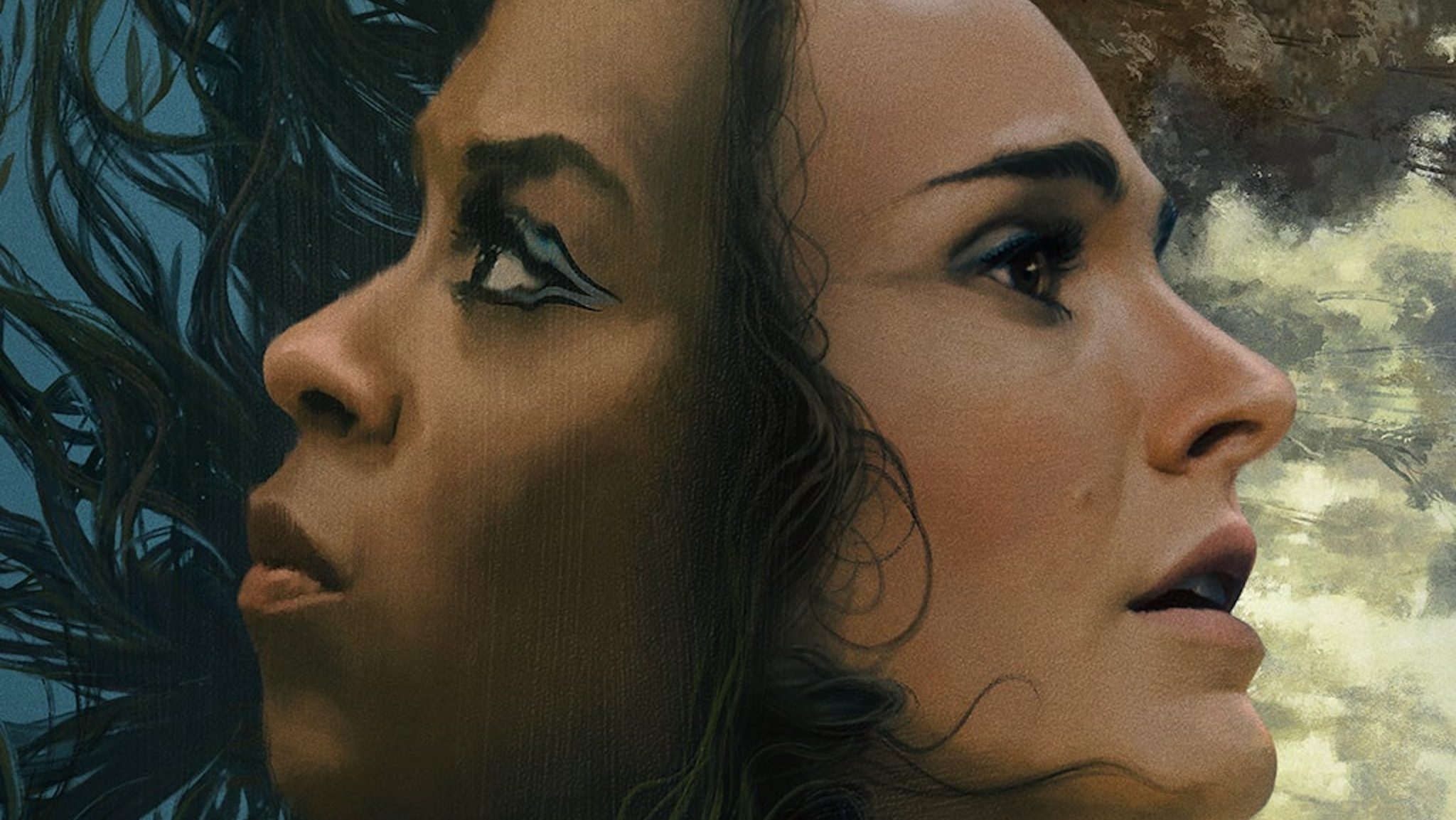You Gotta Have Heart: The Power of Drama in Comedy

What would comedy be without drama?
For my book Sitcom Writers Talk Shop: Behind the Scenes with Carl Reiner, Norman Lear, and Other Geniuses of TV Comedy, I interviewed over 50 successful TV comedy writers. I found their stories fascinating because my dad also wrote for several successful classic TV sitcoms. Being surrounded by that culture as a kid offered many perks, not the least of which was the memorabilia Dad brought home from the shows…and his Dennis the Menace and Flintstones scripts made for great summer reading!
In the interviews, I asked the writers their thoughts on including serious moments and emotion in their scripts. The consensus was – if added judiciously – drama is a powerful tool for enhancing your comedy. Here are the experts’ tips for doing it right.
Less Is More
When attempting to explain the success of The Simpsons, Mike Reiss (The Tonight Show Starring Johnny Carson, Alf, The Critic) says, “The key thing on The Simpsons is you’ve always got to have some heart in there. But not too much!”
He remembers when the show first began, television was full of sitcoms “like those TGIF shows that would end with a warm hug and about two or three minutes of people explaining why they all loved each other. And that was too much, and we knew we hated that.” He thinks many of the Simpsons writers would have preferred to not put any of that stuff in but the producers told them, “If you throw in 25 seconds of emotion right at the end — if Homer can be a goof the whole show and then suddenly realize he’s been bad — that will be very powerful to people.”
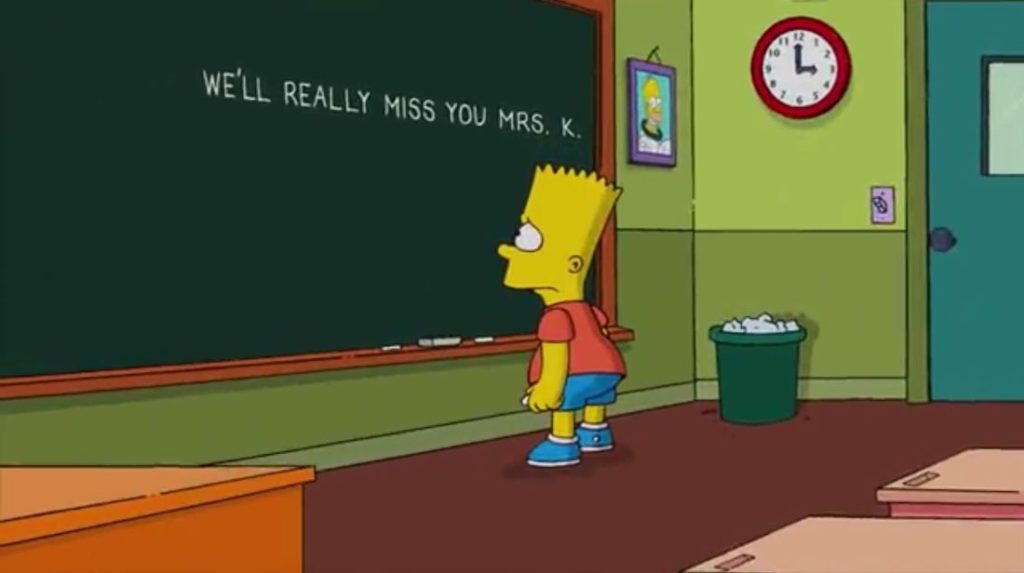
'The Simpsons'
Mike points out that that’s what worked on the classic show The Honeymooners: “Ralph could be so wrong and so bad and so angry for so much of the show and then there would be just that moment at the end where he would realize he’d been a goof, and he would eat crow and you’d have a happy ending.”
Ken Estin (Taxi, Cheers, The Tracey Ullman Show) tells his students an episode will be better “…if the show has heart, if it has a soul, if it has those human elements that are so precious to us…I always thought about finding a really human moment, a really touching moment.” But you can’t do it all the time because then people start predicting it. It starts getting old if your character does something sweet in every episode!
Read More: 6 Animated Shows That Changed the World of Comedy
Keep It Real
“Write human beings as opposed to just writing jokes,” advises Roseanne creator Matt Williams. “Because if you can get the audience to emotion…land occasionally on a real emotional moment — then the joke following it is going to be twice as funny. I think one of my complaints with some shows is it’s like being machine-gunned in the head with jokes. I wanna go, ‘Would you please fucking stop…and talk to each other for a second!’”
Matt believes audiences are intrigued by human behavior. “There isn’t anything more fascinating. There’s an adage in the theater that you buy a ticket to see a play so you can get to watch the characters think onstage. And I always remember that. It’s not just saying the joke…the real engagement for the audience is watching those characters think, make discoveries, deliberate, and make decisions. And the behavior that’s occurring between them. You don’t want to wallow into Long Day’s Journey into Night in a 22-minute sitcom, but you can stop occasionally and have a moment of real vulnerability or humanity, and then get back to your comedy.”
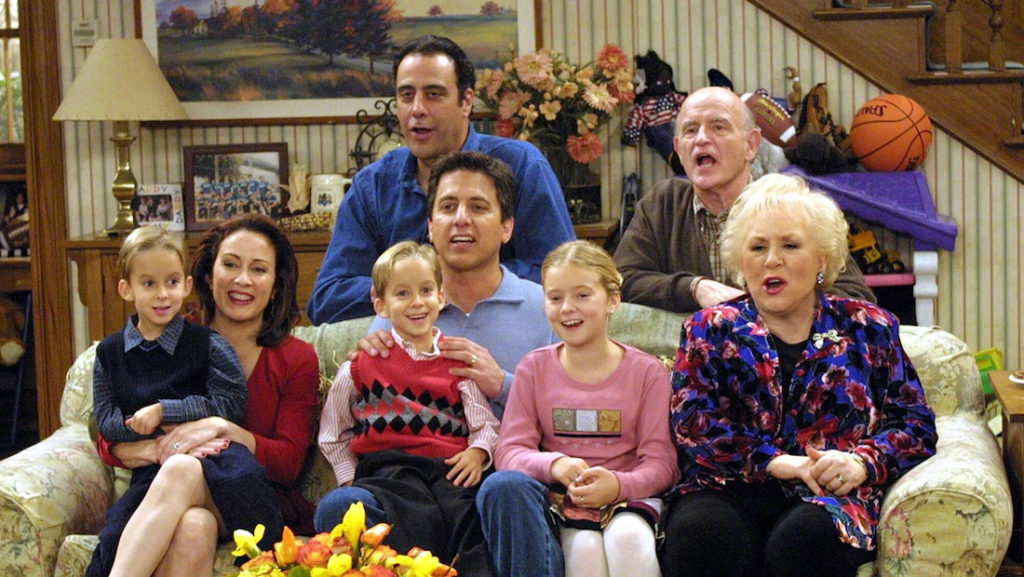
'Everybody Loves Raymond'
Everybody Loves Raymond creator Phil Rosenthal thinks the poignancy of something beautiful expressed by two people “grounds them as characters; it grounds them as believable. Because we’re not just ha-ha funny all the time.” Colleague Steve Skrovan (Seinfeld, Everybody Loves Raymond, ‘Til Death, Hot in Cleveland) adds, “Something can be funny, but emotion is what moves people to laugh or cry. At least in the style of writing that we did on Raymond, there have to be emotional stakes. And it’s a style I prefer in all the other writing I do, too.”
Frasier’s co-creator David Lee (The Jeffersons, Cheers, Wings) weighs in: “We believed if you make it funny enough, you can earn a couple of pages of seriousness where you don’t have any jokes. As long as you’re touching real issues — and I’m not talking about the “Oh, didn’t we learn a lesson today” type sitcom issues — but just real people, real family stuff. We felt we could do that every once in a while if we had earned it.”
Read More: 'The Good Place' Creator Michael Schur Talks Great Comedy
Prepare the Audience
As David Isaacs (M*A*S*H, The Simpsons, Wings, Cheers, Frasier) explains, “It depends on whether or not the characters and story have a capacity to deal with real issues and real humanity. And then you have to lay out where the characters are coming from — what they want versus what the obstacles are.
He uses Frasier as an example: “The show Frasier was able to do that because the feelings between Martin and Frasier were so strong, and they were such opposites in who they were that their clashes and conflicts could come down to very real father-son attitudes. You could actually have a moment that was fairly dramatic, but you wouldn’t worry about getting a laugh.”
David cautions, “You really have to set up the conflict very carefully so when that moment comes, it doesn’t feel like it’s coming out of the blue.”
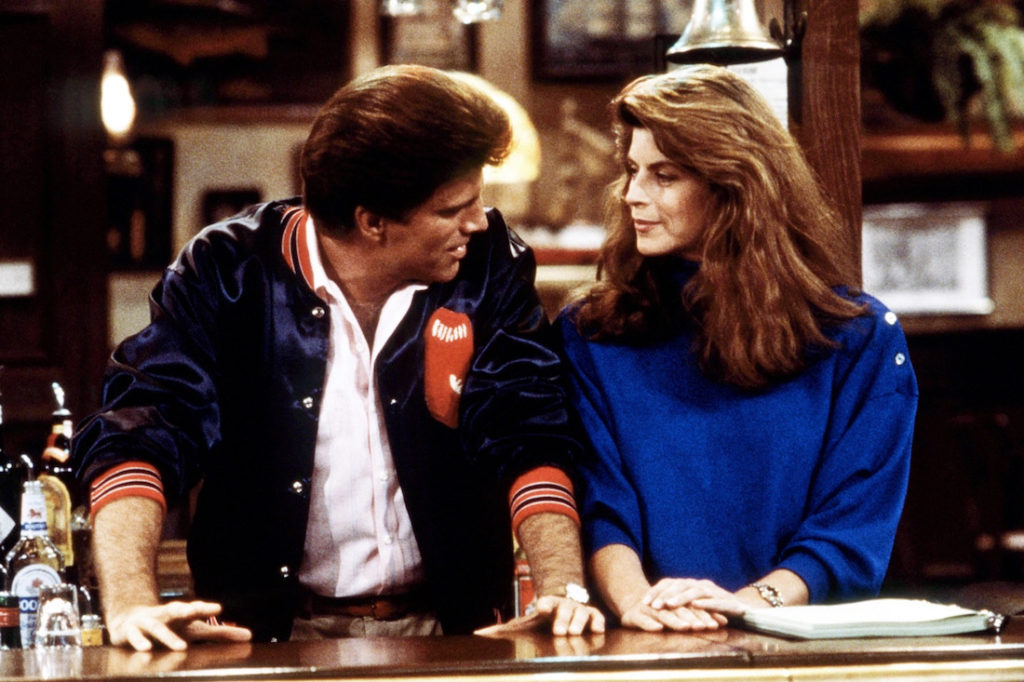
'Cheers'
Trust Your Gut
“It’s kind of a gut thing,” says Elliot Shoenman (Maude, The Cosby Show, Cheers, Home Improvement). “You have to just look for it in the right places…It’s also an experience thing; I certainly can do it tremendously better now than I could in the early days. I learned from veteran writers what you could do, when, and how. And as we all know, there’s humor in almost anything under certain circumstances.” Elliot recommends writers show some boldness and courage and not be afraid to try certain humor.
Read More: 6 Screenwriting Tips from Juel Taylor's ‘They Cloned Tyrone’
Take It One Step at a Time
Phil Doran (All in the Family, Who's the Boss, Facts of Life) feels it all boils down to the execution: “Finding the dramatic through line in this scene, and then coming back and finding where the funny is in it. I mean, writing for TV, it’s bricklaying. It’s one sentence at a time, one word at a time, one joke at a time.”
Read More: 7 Industry Pros You Should Know If You Write Comedy
As the daughter of Honeymooners writer Herb Finn, Paula Finn grew up in the culture. She is the author of Sitcom Writers Talk Shop: Behind the Scenes with Carl Reiner, Norman Lear, and Other Geniuses of TV Comedy, published by Rowman & Littlefield and available on Amazon and through Rowman.com. You can follow her on Twitter: @Talkingcomedy
Tags
Get Our Screenwriting Newsletter!
Get weekly writing inspiration delivered to your inbox - including industry news, popular articles, and more!



